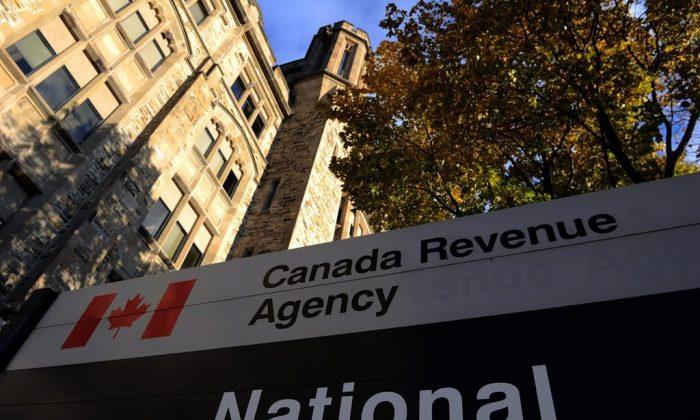The Chinese regime could be using China’s ethnic community in Canada to further exert influence and advance its agenda, warns a report that was recently sent to several top federal officials.
The report, which was acquired by the Canadian Press through access-to-information law and described as “secret,” cautioned about the possibility of China working to control Chinese-Canadian communities. Dubbed “hostile-state activity,” such interference could include cyberattacks, spreading of misinformation, swaying of Canadian elections, and targeted actions toward Canada’s economy—all of which might be done through using the Chinese ethnic community.
“What qualifies these as ‘hostile-state activity’ is that, in each case, these operations are calculated to undermine or harm our interests, as well as those of our allies,” the report says, according to CP.
The “increasing political participation” of Canada’s ethnic communities is one of the biggest factors contributing to a risk that “cannot be overlooked,” it says.
The Epoch Times has previously reported that China uses its United Front Work Department overseas to recruit spies and infiltrate Chinese communities to spread its propaganda and sway the opinions of local Chinese. The agency is skilled in the tactics of psychological warfare and political subversion.

Cease Use of WeChat, House of Commons Staff Advised
Earlier this month, government officials brought attention to another China-related risk.The reasoning behind the warning lies in the design of WeChat: it doesn’t encrypt user messages, which makes data vulnerable to third-party access and interception. In addition, the servers of the app are located outside Canada, rendering them unaffected by Canadian privacy laws.
The content on WeChat, an extremely popular social media app used by 1.1 billion people, is also often subject to censorship laws under the Chinese regime. It has reportedly blocked posts related to politically sensitive topics such as Huawei executive Meng Hanzhou and the 1989 Tiananmen Square massacre.





Friends Read Free